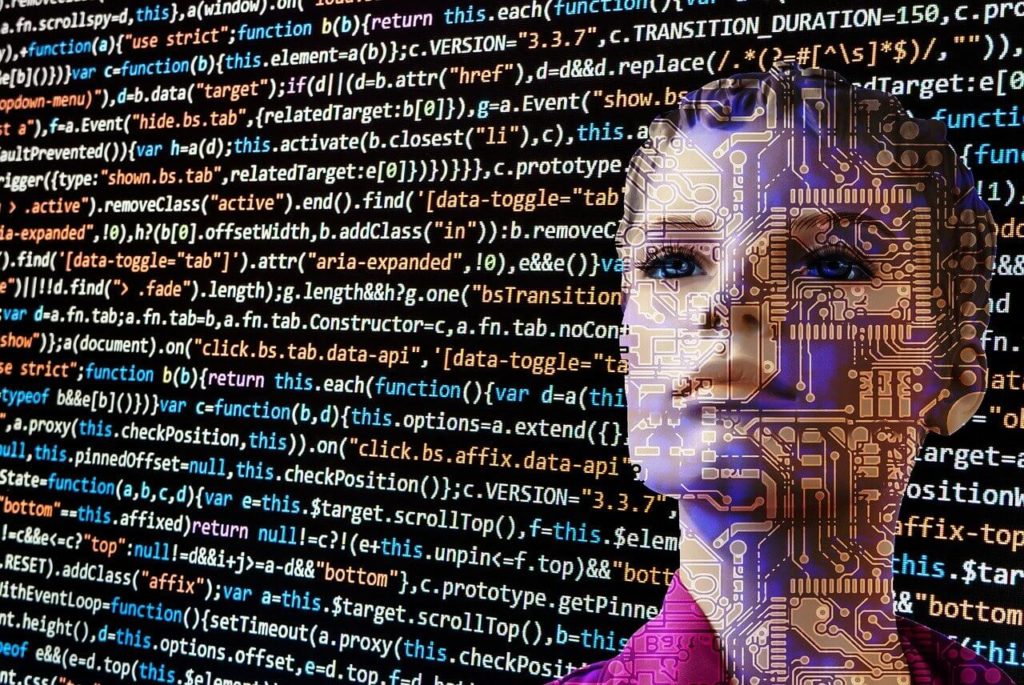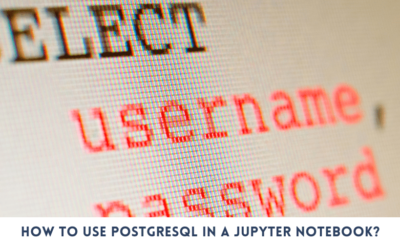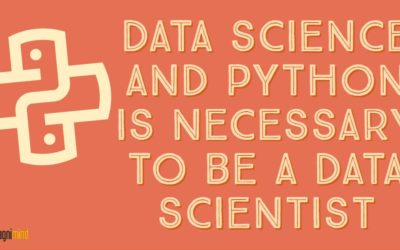Python is perhaps the most versatile programming language that has applications in different domains. Thanks to its features such as high-level in-built data structures, dynamic typing, and binding, Python can be used for rapid application development. This open-source programming language is user-friendly and easily available, which makes it the top choice even in the field of data science ad machine learning.
If you’re planning to get enrolled in a Python course or online Python training program, knowing some real-world applications of Python would help you choose which specific field you want to focus on for your career. Here are the top three applications of Python:
1- Web and Internet Development

Using Python, you can easily develop web applications rapidly. Python has a number of libraries for internet protocols like XML and HTML, e-mail processing, JSON, IMAP, FTP, etc. You can even use the following libraries for a range of functions:
- BeautifulSoup – for parsing XML and HTML documents
- Requests – a client-side HTTP library
- Paramiko – For executing the SSH2 protocol
- Feedparser – for downloading and parsing Atom/RSS feeds
- Twisted Python – for asynchronous network programming
With widely used Python frameworks like Django, Pyramid, and Flask, you can enjoy unparalleled convenience, scalability, and security when working on web development compared to starting website development from scratch. With Python, you can also get microframeworks like Bottle and Flask. You can even write CGI scripts and get advanced CMSes (content management systems) such as Django and Plone CMS.
2- Machine Learning and Artificial Intelligence

Those eyeing a career in data science, machine learning (ML), and AI (Artificial Intelligence) often take up a Python certification program to fast-track their career. Apart from being extremely user-friendly and easy to earn, Python has multiple libraries that offer support for these domains. Some of these are:
- TensorFlow – an end-to-end Python ML library for performing high-end numerical calculations.
- Scikit-learn – a well-known open-source Python ML library with a wide range of clustering, classification, and regression algorithms.
- Keras – a leading open-source Python library for building neural networks and machine learning projects.
- Theano – a renowned scientific computing library that lets you classify, optimize, and assess mathematical expressions that deal with multidimensional arrays.
- PyTorch – a production-ready Python ML library with outstanding applications, examples, and use cases supported by a robust community.
NumPy, Seaborn, and Python Pandas are some other libraries that you can use.
3- Game development

Several interactive games (like Disney’s Toontown Online, Civilization-IV, Vega Strike, etc.) and 3D graphics have been developed using Python. Libraries such as PyGame (that provides functionality via computer graphics and sound libraries) and PySoy (a 3D game engine that supports Python 3) as well as frameworks for game development like PyGame and PyKyra make game development an easy and quick job.
Final words

Education, business (e-commerce and ERP systems), software development, desktop applications, and database access are some other domains where you’ll find the use of Python. So, take your pick from these fields of Python applications when you enroll for a Python certification program.
To learn more about python, click here and read our another article.



